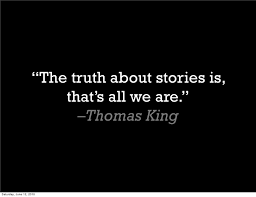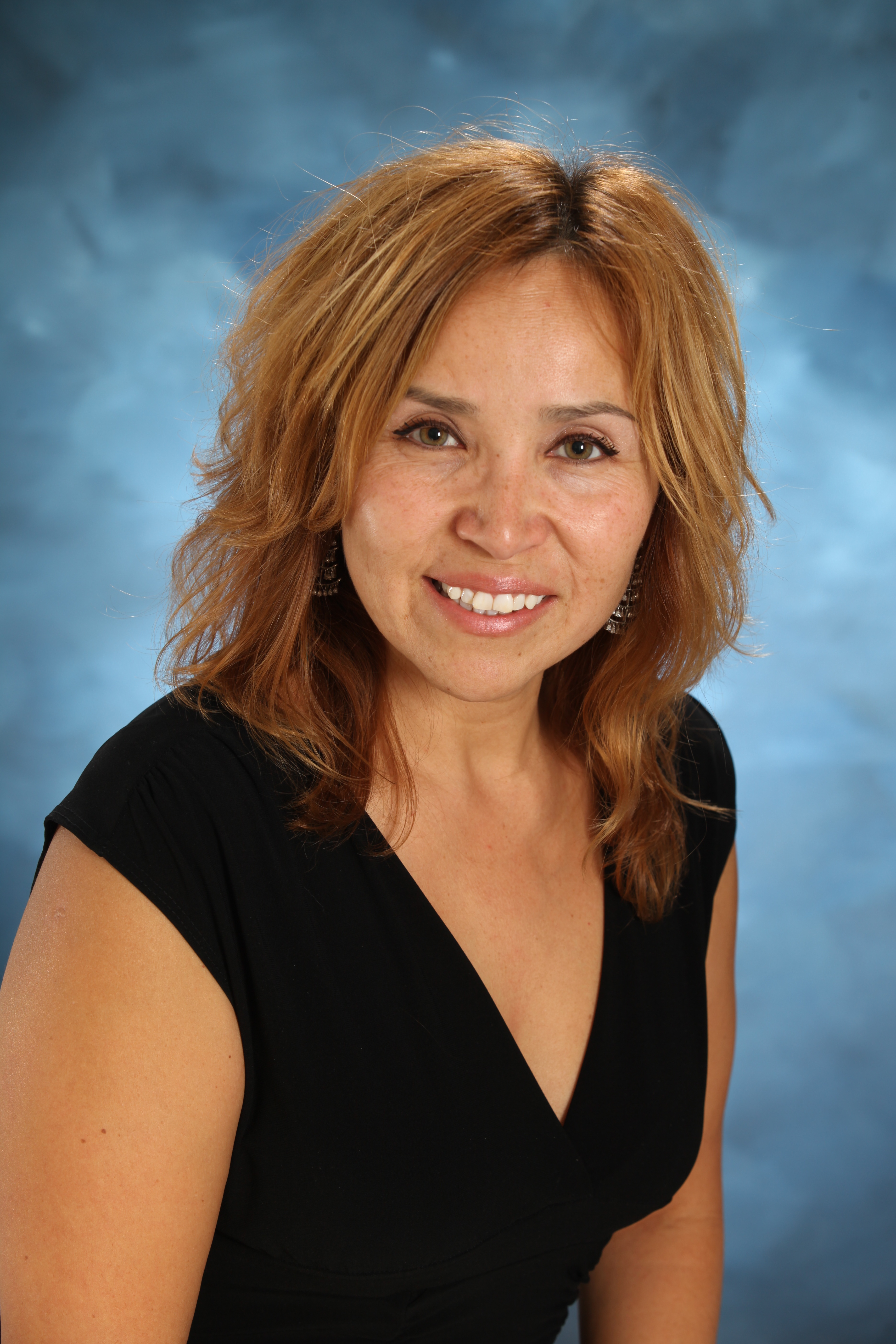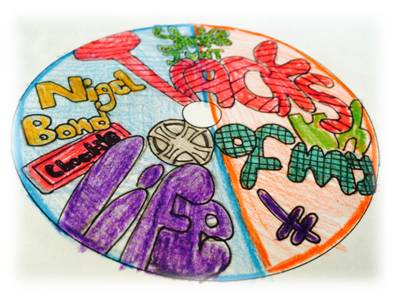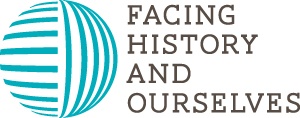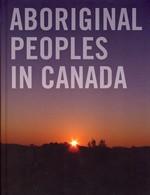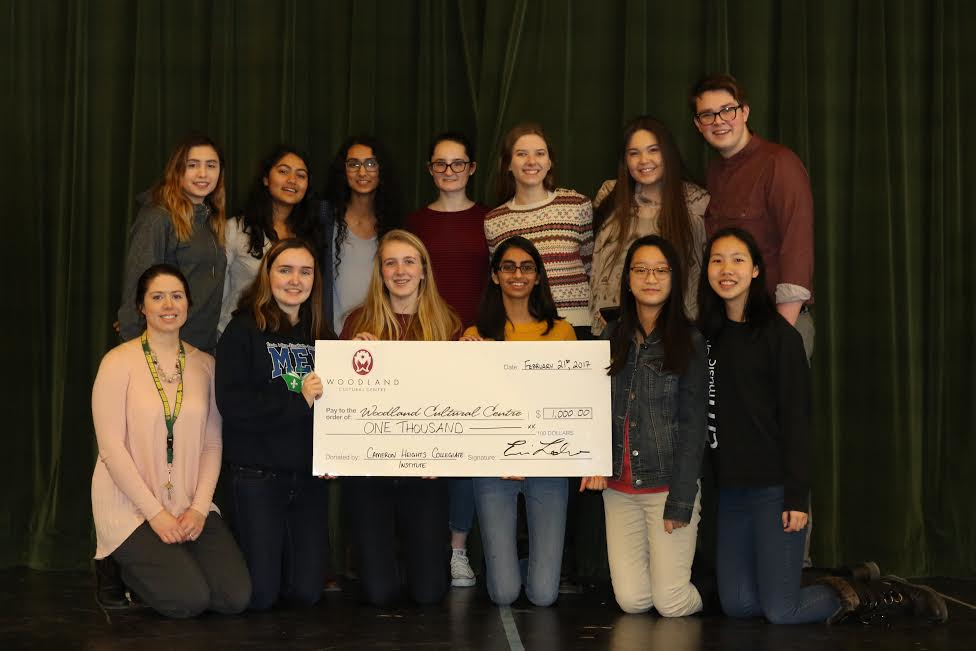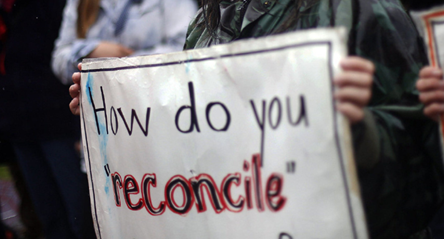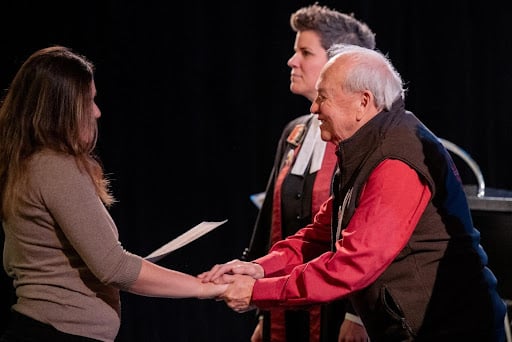
"As Rabbi Jonathan Sacks has written, there is a difference between history and memory: “History is information. Memory, by contrast, is part of identity… Memory is the past as present, as it lives on in me.” Survivors, witnesses, the descendants of those who lived through [histories], and all those who learn about [these histories] today face the question of how to remember the past and how that memory might shape our understanding of ourselves and our present world" (Holocaust and Human Behavior, Facing History and Ourselves, 2017. p. 598).
In his testimony sharing,teaching and life, residential school survivor, and self-described victor, Theodore Fontaine frequently explored how memory lives on in the present: His family’s love, the horrors of residential schooling, the joys of friendship, and the healing power of connection shaped and reshaped his life, his teachings and his works. In so sharing, those who listened became witnesses to his experiences, and many were transformed as a result.
The following interviews build on our event, Learning from Theodore Fontaine: A Call for Lasting Change, and draw on the voices of additional friends and colleagues whose life and work act as living examples of Theodore’s teachings, his legacy and calls to action. We hope that these interviews will prompt deeper learning from Theodore and inspire readers to consider how his testimony and legacies might shape our understanding of ourselves and the choices we make.
To watch his recorded testimony, please check out our blog, Honouring and Remembering Chief Theodore Niizhotay Fontaine.
As you read these interviews:
- What insights do you gain about Theodore’s legacy and his hopes for the future?
- What questions do the interview responses raise for you about yourself or the world around you?
- How do the responses extend or challenge your thinking about the possibilities for living with trauma, hope and healing?
- How are you reflecting on the possibilities for healing, hope and courage after trauma, as you read these reflections?
For Ted, real reconciliation came through everyday acts of generosity and kindness. Our breakfast meetings were often punctuated by Ted recognizing passers-by and stopping them for a quick hello and always a joke... He connected, related, and celebrated their shared existence, and thereby cultivated knowledge and nurtured learning..."
- Andrew Woolford
|
Read More
Topics:
Survivor Testimony,
Canada,
Residential Schools,
Canadian History,
Indigenous History,
Indigenous,
stolen lives,
student activism,
Action
If you have ever travelled to Brantford Ontario Canada, you might have been excited to visit the home of Alexander Graham Bell to learn about the invention of the telephone. You might have come for a hockey tournament and had the privilege of meeting Hockey Legend Wayne Gretzky’s father Walter, who loves hanging out at the rinks. You may have picked up brochures with beautiful pictures of the Grand River or did research about Joseph Brant, who was the negotiator between the Mohawk and British during the American Revolution. But you might not know that Brantford is the home of the first residential school in Canada; that the building still stands with the names of children carved into the bricks and that it is one of the few residential school buildings still standing in Canada.
Read More
Topics:
Art,
Survivor Testimony,
Residential Schools,
Indigenous History,
Culturally Responsive and Relevant Pedagogy,
Indigenous,
Lesson Ideas,
Facing Canada,
Creative,
Woodland Cultural Centre
This spring, Facing History and Ourselves, in partnership with the Azrieli Foundation Holocaust Survivors Memoir Program, invited 175 students from 6 schools to layer onto their learning about the history and legacies of the Holocaust, or of Canada's Residential Schools by reading Survivor memoir. Students read Theodore Fontaine’s Memoir Broken Circle: The Dark Legacy of Indian Residential Schools, or excerpts of Nate Leipciger’s Memoir The Weight of Freedom, then created pieces that reflected their understanding and responses to these testimonies, which were gifted to each Survivor.
Read More
Topics:
Toronto,
Holocaust,
Memoir,
Facing History and Ourselves,
Survivor Testimony,
Canada,
Residential Schools,
Canadian History,
Student Work,
project,
genocide,
Holocaust and Human Behaviour,
reflection,
Connected Learning,
Grade 10 History,
HSB,
CHC,
difficult conversations,
trc,
stolen lives,
facing history pedagogy,
Azrieli Foundation Memoirs,
Decolonizing Schools,
Holocaust History in Canada,
Facing Canada,
cross curricular teaching and learning,
collaborative inquiry
This fall, after a suggestion from Jasmine Wong from Facing History and Ourselves, I decided to explore The Truth About Stories: A Native Narrative, by Thomas King with my grade 11 English students. I was familiar with the text but it would be the first time I would be using it in my classroom. When I was in school we were rarely encouraged to be critical thinkers and we certainly were not encouraged to seek out the stories that make up our land. My goal was to learn with my students and explore and make connections. I was going to use the idea of the Oral Story as my jumping off point.
Read More
Topics:
English Language Arts,
Residential Schools,
Truth and Reconciliation,
English Classroom,
stolen lives,
settler educators
Dr. Pamela Rose Toulouse, associate professor in the Faculty of Education at Laurentian University, 3M National Teaching Excellence Fellow and author of Achieving Indigenous Student Success, and Truth and Reconciliation in Canadian Schools frames the role educators can play as allies to Indigenous (and non-Indigenous) students and shares with us several key resources for how to do so.
Read More
Topics:
Teaching Strategies,
Residential Schools,
HSB,
CHC,
difficult conversations,
trc,
stolen lives,
facing history pedagogy,
settler educators,
Treaty,
Sacred Circle Teachings
Students love music so, when I tell my grade 11 College English classes that they are going to be creating CDs as their first project, students get excited. Inspired by Facing History’s approach to teaching about genocide, I started the “Tracks Of My Life Project” to engage students in exploring the concept of identity that is foundational to our first novel, Indian Horse by Richard Wagamese.
Read More
Topics:
Identity,
Music,
Residential Schools,
Truth and Reconciliation,
Indigenous History,
English Classroom,
trc,
stolen lives
Join us on Sunday February 25th for an educator workshop and special film screening with Director Susan G Enberg and Louis Knapaysweet, an elder and survivor of St. Anne's Residential School.
Read More
Topics:
Film,
Survivor Testimony,
Residential Schools,
workshop,
CHC,
difficult conversations,
trc,
stolen lives,
facing history pedagogy,
settler educators
My name is Angela Nardozi and I am a guest on Turtle Island (what we now call North America), with both sides of my family originating in Italy. I grew up in Markham, Ontario, where I attended Catholic Elementary and Secondary schools. I am a certified teacher, and have spent time living, working, and researching in a Treaty Three First Nation, and my experiences there have propelled me on the path to learn more about Indigenous perspectives on history and current events, and the history and present of colonization on Turtle Island.
Read More
Topics:
Survivor Testimony,
Residential Schools,
Truth and Reconciliation,
Indigenous History,
stolen lives,
settler educators
By studying the historical development of the Holocaust and other examples of genocide, students make the essential connection between history and the moral choices they confront in their own lives. Erin Ledlow helped the students in her Genocide and Crimes Against Humanity class make these connections, and incite real change in their thinking by creating a safe space for students to explore the difficult history of Canadian Residential Schools using Facing History
pedagogy,
Stolen Lives, and inviting survivor Geronimo Henry to help students draw these connections, and reflect on themselves. The following is an excerpt of an interview from three students who were part of the class and this incredible learning process.
Read More
Topics:
Student Voices,
Residential Schools,
stolen lives,
facing history pedagogy
Introduction: My Residential School unit was largely based on the Residential School Lessons for the Genocide Elective set out by Cheryl Payne. I simply tweaked them a little bit to suit my classes. I taught this unit last year in April. The main areas of change were primarily how I prepared and debriefed the students to see the NFB movie We Were Children. The other change was including a summative assignment based on the questions found in Facing History and Ourselves’ book Stolen Lives. Creating this summative assignment was a great experience in professional collaboration as all of the history teachers at my school collectively designed it.
Read More
Topics:
Teaching Strategies,
Teaching Resources,
Residential Schools,
CHG,
CHC,
trc


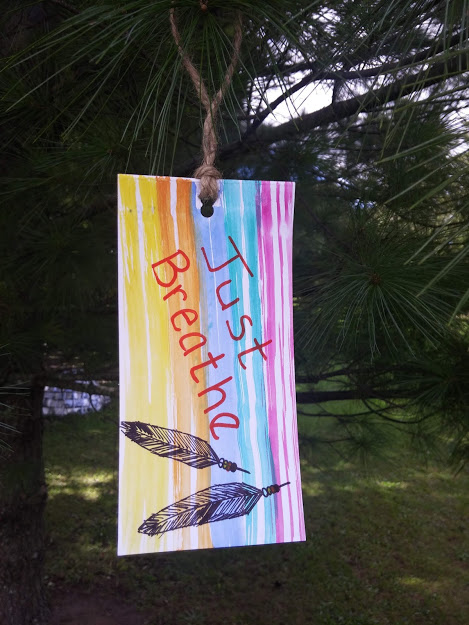
.jpeg)
